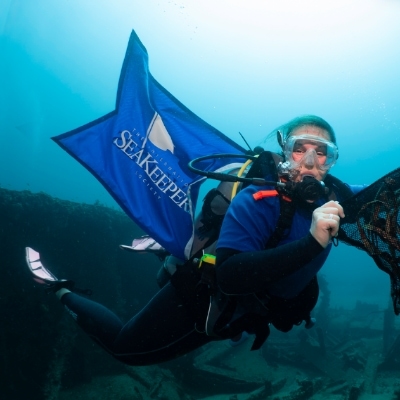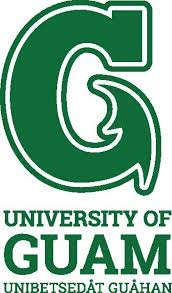Island Evolution Lab
Project Overview:
A research team from the University of Guam Marine Laboratory is embarking on a groundbreaking study focused on unraveling the genetic intricacies of coral populations across the Mariana Islands. Their primary objective is to determine the extent of connectivity among these coral communities and to discern the potential implications for their resilience in the face of global warming.
The team is particularly interested in comprehending the roles played by the northernmost Mariana Islands and their associated coral reefs. The overarching question guiding their research is whether these northern reefs can function as reserves, offering a source of support and replenishment for the declining reefs located around the southern Mariana Islands. Alternatively, the team is exploring the possibility that the northern reefs may themselves be reliant on the health and viability of the reefs in the southern regions.
This first-time study holds the promise of shedding light on critical aspects of coral ecology and connectivity, providing valuable insights that can inform conservation and management strategies. The team’s inquiry into the interdependence or independence of coral reefs across the Mariana Islands is a significant step toward understanding and preserving these vital marine ecosystems in the face of environmental challenges
Program Partners
- University of Guam Marine Laboratory
- Island Evolution Lab
Location
- Micronesia – Marianas – Guam. The Island Evolution Lab is based on Guam and would ideally like to start and end, but is also flexible to fly to Yap.
Expected Time Frame
- Flexible
Duration of Expedition
- From single day trips to 1 – 2 weeks (depending on availability – flexible)
Accommodation Needed
- 2-3 minimum
- 6 maximum
Special Equipment Needed
- Licensed Captain
Expedition parameters listed above are flexible and negotiable.
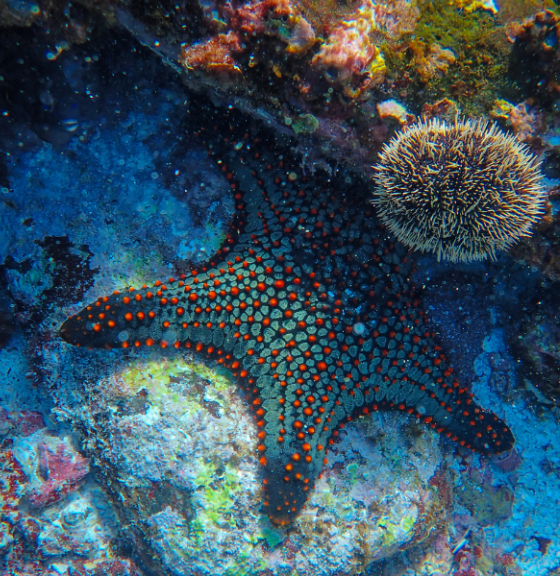
Background:
The Island Evolution Lab at the University of Guam Marine Laboratory is dedicated to the study of marine invertebrate evolution, with a primary focus on tropical reef corals. Employing genetic methodologies, the lab assesses local adaptations and connectivity among coral populations across the Mariana Islands (Guam to Maug) and throughout Micronesia (Palau-Guam). The insights gained from these studies contribute valuable information to the management, conservation, and restoration of coral ecosystems in the region.
The lab is currently engaged in several ongoing projects and sees a significant benefit in collaborating with SeaKeepers’ DISCOVERY Yachts for data collection in challenging locations.
Mission:
Two key areas of interest are highlighted:
Option A: Seamounts South of Guam To examine the connectivity of Guam’s coral population with the surrounding areas, the lab has successfully collected corals from islands north of Guam (Rota, Tinian, etc.). However, challenging locations such as Eleven Mile Reef, Galvez Bank, and Santa Rosa Reef—seamounts located just south of Guam—remain unexplored. These seamounts, ranging from 9 NM/17 km (Eleven Mile Reef) to 25 NM/46 km (Santa Rosa Reef) south of Guam, present an opportunity for efficient data collection within one or two-day trips from Guam, even with a moderately sized and equipped boat.
Option B: Islands Further South In addition to the aforementioned seamounts, the lab is keenly interested in collecting data from islands further south, including Ulithi, Faraulep, and/or Gaferut in Yap State, as well as the island of Yap itself. Given the specific destinations, this endeavor would likely necessitate a more extended 1-2 week trip and a larger boat than Option A.
The collaboration with SeaKeepers’ DISCOVERY Yachts is envisioned to be instrumental in overcoming logistical challenges and accessing these critical research sites, thereby advancing our understanding of coral evolution in the Pacific.
Applications:
The findings of this project will be disseminated to student bodies through various channels:
- The Island Evolution Lab, functioning as both a research and teaching laboratory at the University of Guam Marine Laboratory, will play a pivotal role in sharing project insights. The lab serves as a hub for academic exploration, providing a platform for students to engage with the research firsthand.
- David Combosh, Chair & Teacher for the graduate program in Biology, will actively incorporate project outcomes into the curriculum. This ensures that graduate students receive current and relevant information, fostering an enriched learning experience.
- The lab’s commitment to education extends to hosting undergraduate and high school interns from Guam, the CNMI, and other Micronesian islands. Interns will have the opportunity to directly contribute to and learn from the project, enhancing their understanding of coral genetics and ecosystem dynamics.
- The Island Evolution Lab maintains an active presence on social media platforms, particularly @islandevolutionlab. Project updates, discoveries, and educational content will be shared through these channels, reaching a broader audience and engaging students in an accessible and interactive manner.
- lab’s engagement in regular media outlets such as TV, radio, and newspapers on Guam and in the region will serve as an additional avenue for communicating project findings. This ensures that the broader community, including students, stays informed about the significance of the research and its implications for coral conservation and resilience.
By employing this multi-faceted approach, the project aims to not only contribute valuable scientific knowledge but also to inspire and educate the next generation of scientists and conservationists in Guam and beyond.
Relevant/Previous Scientific Publication(s):
Program Partners:
Get Involved
If you’re interested in learning more about this specific program opportunity, please reach out to our team below to find out more about this program or get involved in other opportunities with SeaKeepers.
Explore More Opportunities
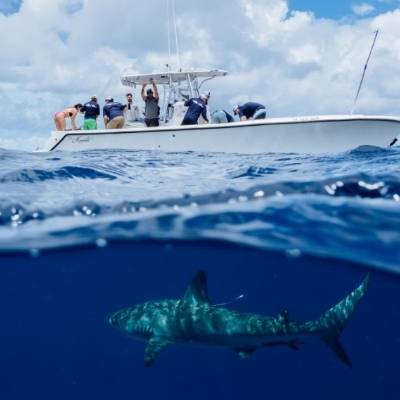
At-Sea Opportunities
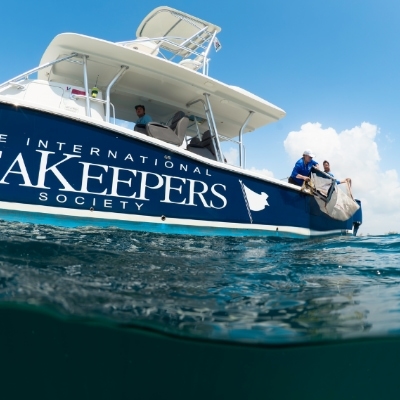
Citizen Science Opportunities
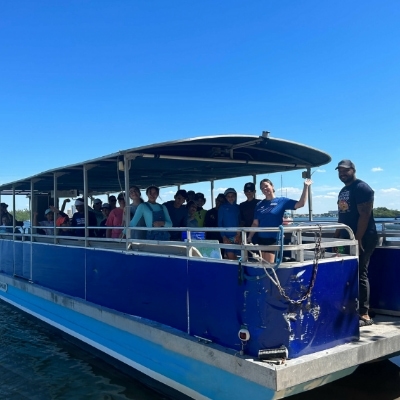
Education Opportunities
